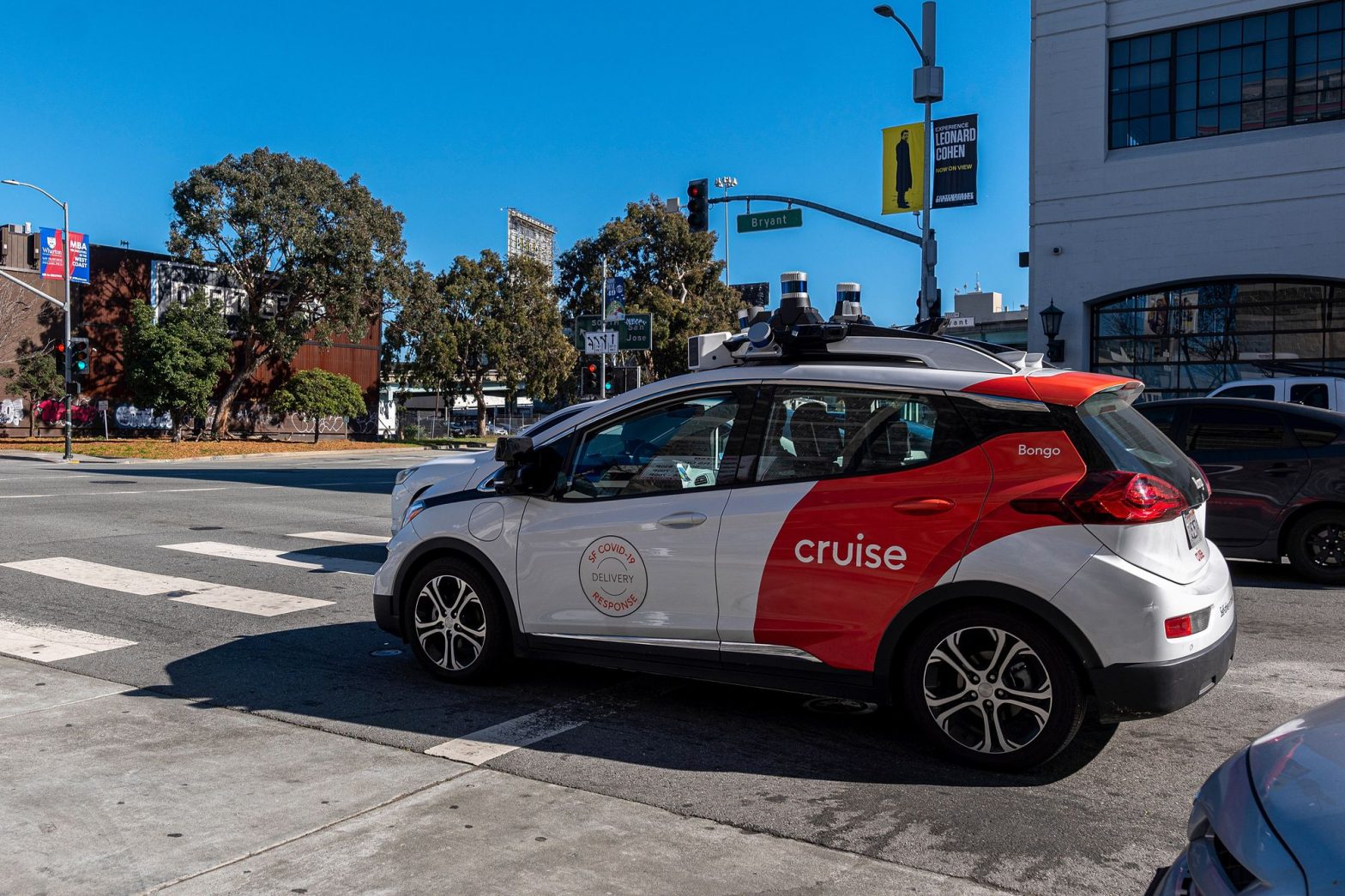/
The GM-backed company promised it would launch services in two new markets before the end of 2022. The “golden years” of expansion is at hand, the CEO says.
/cdn.vox-cdn.com/uploads/chorus_asset/file/24305447/1238159326.jpg)
Cruise is delivering on its promise to expand its robotaxi service to two new markets before the end of the year. For years, Cruise has operated its autonomous ridehail service exclusively in San Francisco. But earlier this year, the GM-backed company said it would launch in Phoenix, Arizona, and Austin, Texas, before the end of 2022.
On Tuesday, Cruise CEO Kyle Vogt tweeted a short video of passengers from those two cities raving about its fully driverless vehicles as proof of a promise delivered. “Folks, we are entering the golden years of AV expansion,” he added.
To start out, only “friends and family” of Cruise employees will have access to the company’s ridehail service, including its fully driverless vehicles. But that will gradually grow to include people unaffiliated with Cruise. The company opened waiting lists for both cities this week and expects to begin offering rides once it has enough vehicles to meet the demand, a spokesperson said.
Earlier this year, the company boasted that it would only take “90 days” to go from “zero to driverless” as a demonstration of its ability to launch in new cities without as much testing needed as its original market, San Francisco. Indeed, it did take years for Cruise to launch its paid driverless taxi service in San Francisco.
The company had originally planned to unveil a commercial service there in 2019 but failed to do so after determining the technology wasn’t quite ready. The service later launched in 2022.
Cruise currently is operating fully driverless vehicles at all hours in San Francisco — although it is only permitted to charge for those trips at night. The company was approved this week for a permit by the California DMV to expand its service area to include the entire city of San Francisco.
Last week, the National Highway Traffic Administration said it had opened an investigation into incidents in which hard braking by Cruise vehicles has resulted in rear-end collisions and blocked traffic. The company said it welcomed the scrutiny, noting that its vehicles have caused “zero life-threatening injuries or fatalities.”
